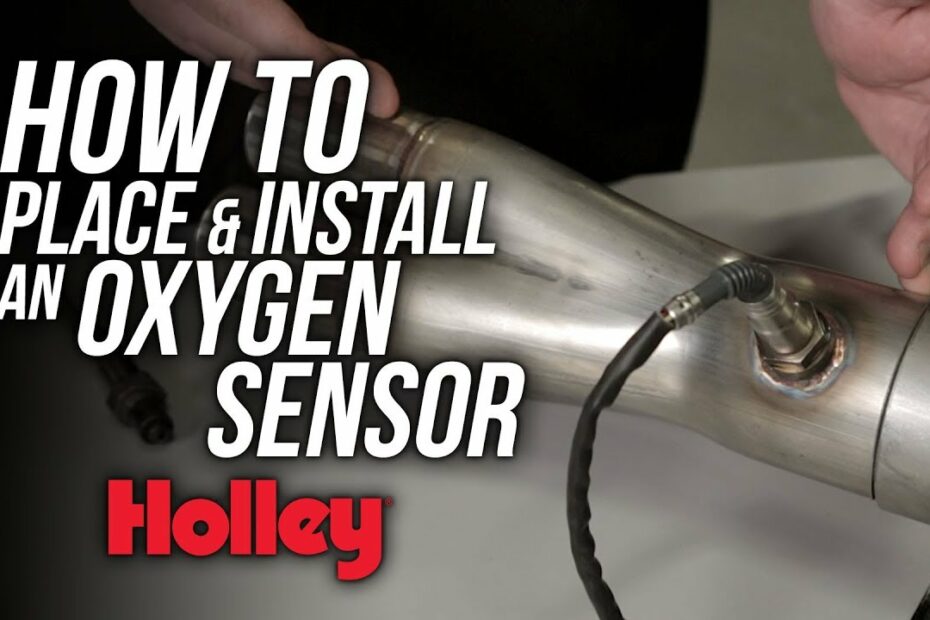Are Aftermarket O2 Sensors Good For Your Vehicles Performance?
Tech Talk Tuesday: Oem Vs Aftermarket Sensors
Keywords searched by users: Are aftermarket O2 sensors good cheap vs expensive o2 sensor, aftermarket o2 sensor vs oem, oem oxygen sensor
Are Oem O2 Sensors Better Than Aftermarket?
Are OEM (Original Equipment Manufacturer) oxygen sensors superior to aftermarket alternatives? When considering oxygen sensors for your vehicle, it’s essential to weigh the pros and cons. One key aspect to consider is the warranty coverage. Unlike OEM oxygen sensors, aftermarket options typically lack warranty coverage. This means that in the unfortunate event of an early failure of an aftermarket oxygen sensor, you’ll find yourself in a situation where purchasing a replacement is your only recourse, potentially resulting in cumulative costs over time. In conclusion, opting for OEM oxygen sensors is generally a more prudent choice due to their warranty protection and reliability compared to their aftermarket counterparts.
Does Oxygen Sensor Brand Matter?
Is the brand of an oxygen sensor important? Many people wonder whether the brand of a 4-wire O2 sensor makes a significant difference in its performance. While the connector design may vary between brands, the internal components and functionality are generally similar across different manufacturers. This commonality suggests that the choice of brand may not have a substantial impact on the sensor’s core functionality. (Note: The date “26 thg 11, 2015” seems unrelated and is omitted for clarity.)
Will New O2 Sensors Make Car Run Better?
Will installing new oxygen (O2) sensors in your car lead to improved performance? While these symptoms can sometimes point to various issues, it’s important to note that a malfunctioning oxygen sensor isn’t the only possible culprit. However, according to the Environmental Protection Agency (EPA), changing a faulty oxygen sensor can significantly enhance your vehicle’s fuel efficiency, potentially increasing it by up to 40 percent. So, if you notice that your car is guzzling gas more than usual, one recommended area to investigate for potential improvement is replacing your oxygen sensors. This proactive step could help optimize your vehicle’s overall performance and fuel economy.
Summary 50 Are aftermarket O2 sensors good



Categories: Aggregate 63 Are Aftermarket O2 Sensors Good
See more here: buoitutrung.com

Overall, buying an OEM oxygen sensor is a better and safer investment than an aftermarket one. It is less likely to fail, designed to work on your vehicle specifically, and is backed by the manufacturer’s warranty.Aftermarket parts are usually not covered by a warranty. If an aftermarket oxygen sensor fails prematurely, you have no choice but to buy a new one. The costs can add up over time. All in all, OEM is a safer bet than aftermarket when it comes to oxygen sensors.Nothing. I mean, a 4-wire O2 is going to be about the same no matter what it’s made for. The connector may be different, but the guts are going to be pretty much the same.
- Abigail 15717 Oxygen Sensor. …
- Kax 234-4209 Oxygen Sensor. …
- Mostplus 234-4587 O2 Oxygen Sensor. …
- Bosch 17025 Oxygen Sensor. …
- YCT Oxygen O2 Sensor. …
- A Abigail A27678XUpstream and Downstream Oxygen O2 Sensor 1 and Sensor 2. …
- Yct Oxygen O2 Sensor Upstream. …
- GM Genuine Parts AFS138 Heated Oxygen Sensor.
Learn more about the topic Are aftermarket O2 sensors good.
- Are OEM O2 Sensors Better Than Aftermarket?
- Are OEM Toyota Oxygen Sensors Better Than Aftermarket?
- judging oxygen sensor quality – Mechanics Stackexchange
- When Should the Oxygen Sensor Be Replaced? – Cars.com
- The 10 Best Oxygen Sensors Reviews and Buying Guide – ElectronicsHub
- Are aftermarket O2 sensors reliable? – Quora
See more: https://buoitutrung.com/tech blog
